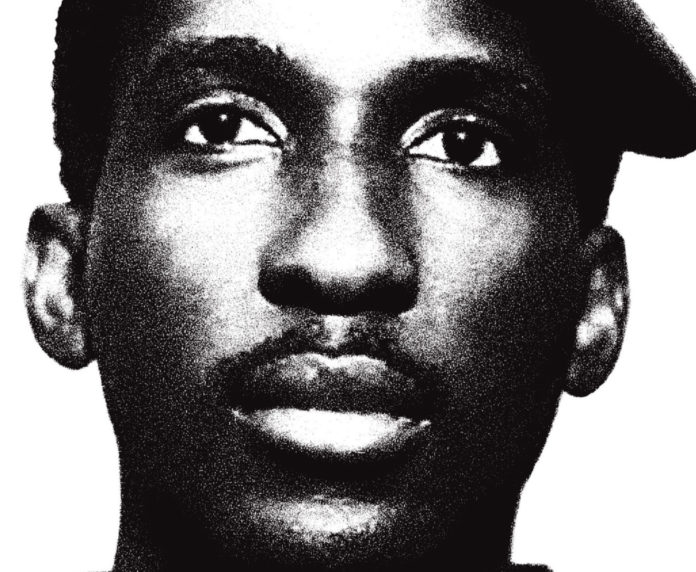Ouagadougou, Burkina Faso — Thomas Sankara’s trial is set to resume on Wednesday, February 2nd after a military court restored the constitution on Monday, January 31.
The trial was due to resume on Monday; however, civil representatives voiced their concern, citing the need for “judicial normalization.”
Prosper Farama, the lawyer representing Sankara’s family clarified that the legal team and civil representatives believe that the trial time frame should be reasonable though they leaned toward a trial not marred by “irregularities.”
Sankara was assassinated while attending a National Revolutionary Council meeting alongside twelve officials in an October 15, 1987 coup aged 37.
After the bloody coup that saw Sankara killed, Blaise Compaoré who is suspected to have instigated Sankara’s assassination came to power, ruling for 27 years before being deposed by a popular revolution in 2014 which led him to flee and has since remained resident in neighboring Côte d’Ivoire.
When Sankara’s trial began in October 2021 before a coup interrupted closing proceedings, twelve out of 14 defendants appeared in court including one of the top leaders of the 1987 coup, General Gilbert Diendéré. The main defendant, Blaise Compaoré, and Hyacinthe Kafando, Compaoré’s former guard commander, were absent. Most of the defendants who were present pleaded not guilty to the murder of Sankara.
The resumption of Sankara’s trial is another turn of events in Burkina Faso after former president Roch Marc Christian Kaboré was toppled on January 24, 2022, by mutinous soldiers stemming from his inability to address the people’s outcry concerning violent jihadists threatening lives and properties.
34 years on since the infamous coup, Burkina Faso is still haunted by Sankara’s ghost. He was an influential soldier and servant-leader. Sankara left an indelible mark in Afrika’s liberation struggle by not only sensitizing Burkinabe people but also raising the collective consciousness of Afrikans against French colonialism and European imperialism.
He was a revolutionary who won the hearts of Burkinabe and Afrikan people through his strides against corrupt practices, his commitment toward reforestation, food self-sufficiency, women’s rights, rural development, education, health and well-being of his people. To the dismay of the colonial regime, internal detractors and traitors, Sankara even renamed the country from Upper Volta to Burkina Faso which means “the land of upright people.”
In a continent where justice is often delayed due to both internal factors and external interference, Sankara’s family and staunch followers will hope for a just verdict that will put an end to Sankara’s protracted trial.

